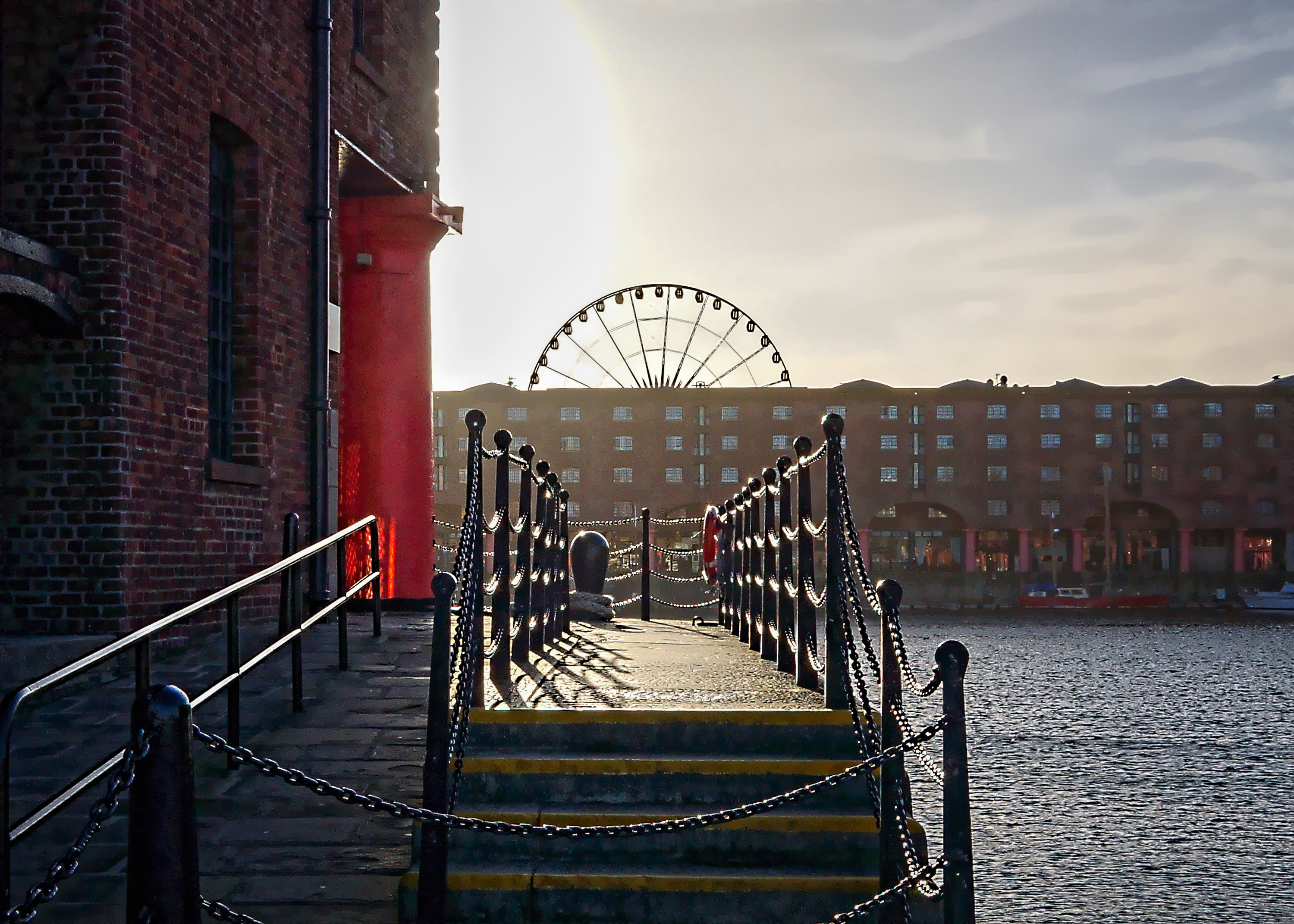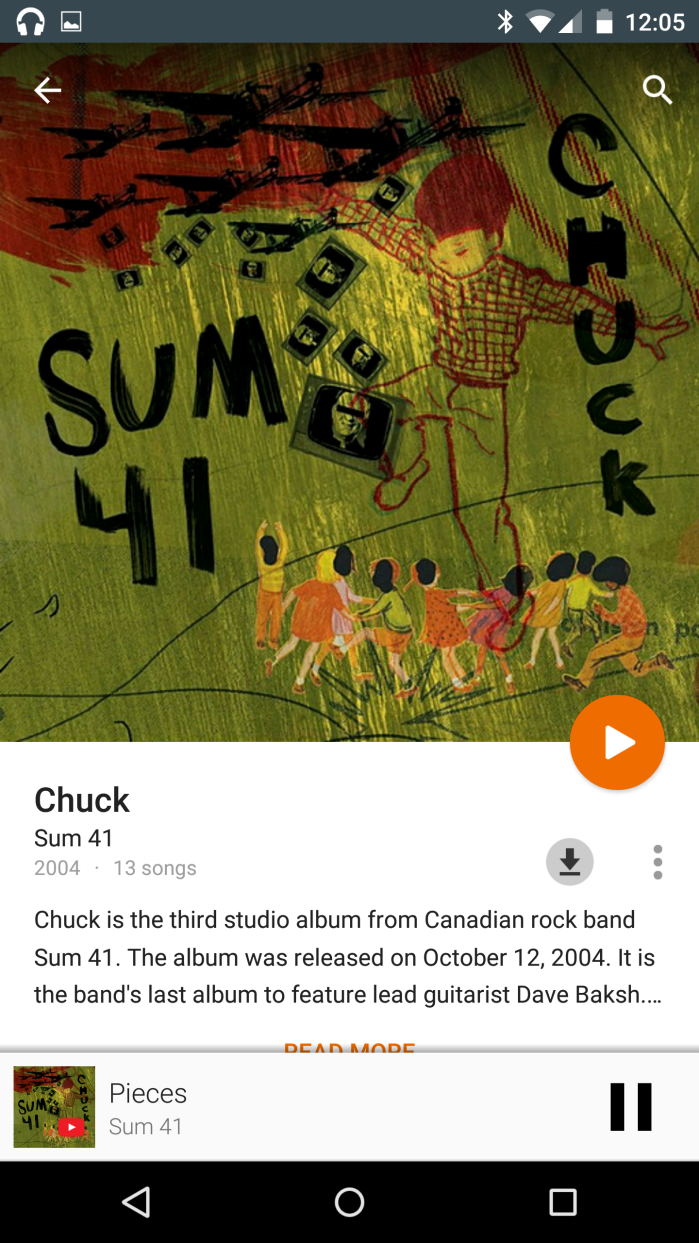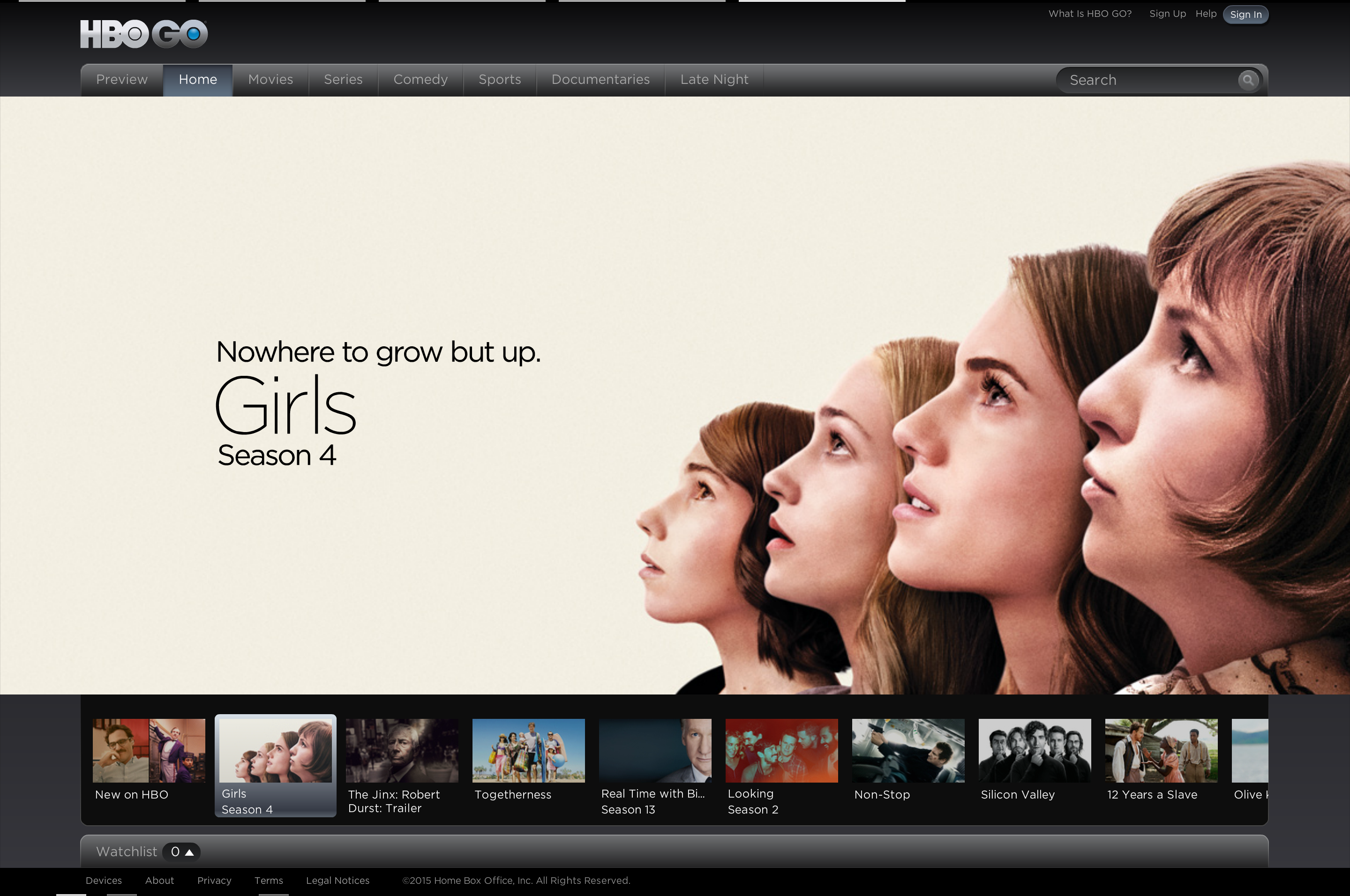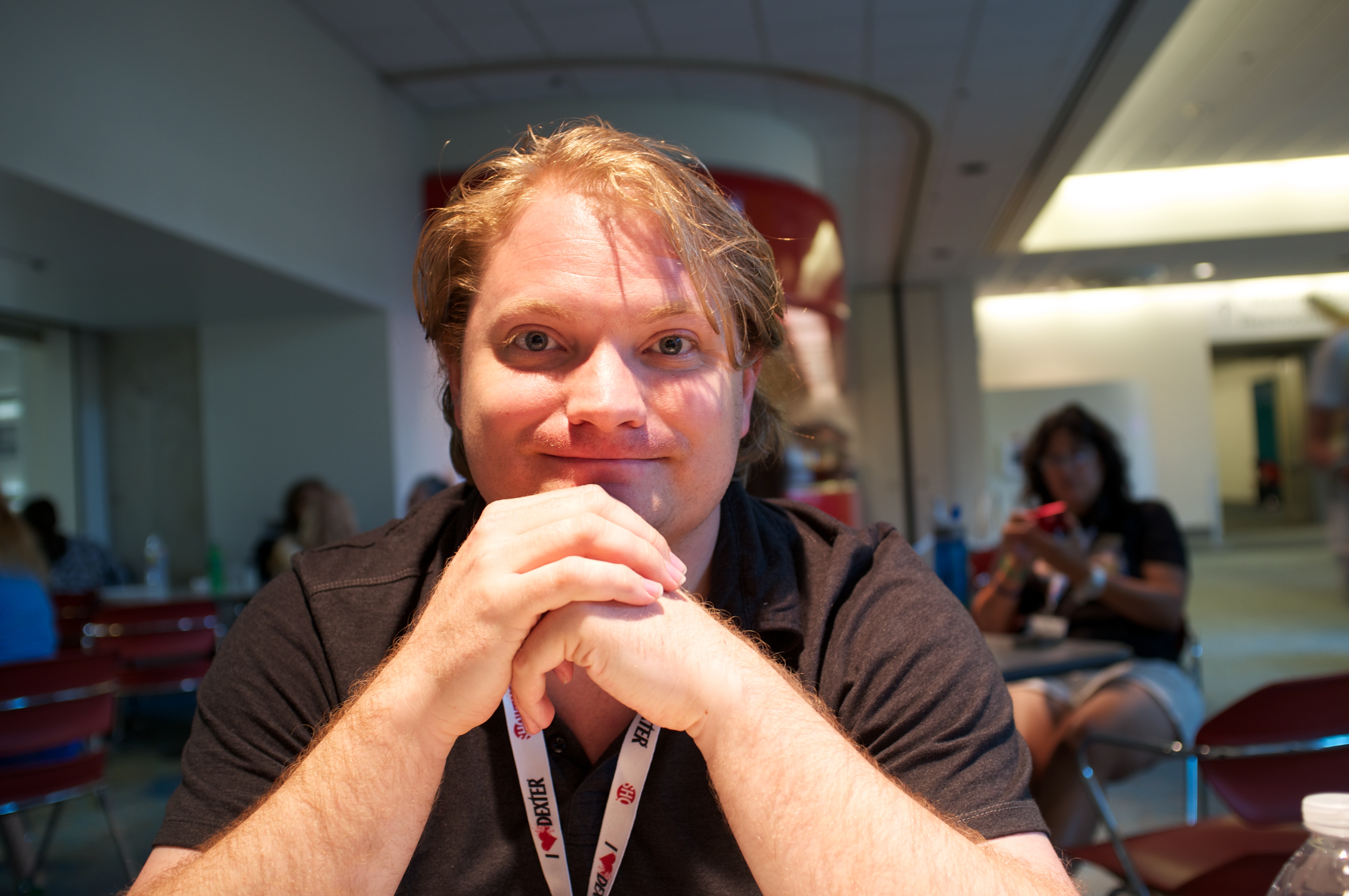Objects and animals, particularly cats, define the photographic style of Beverley Goodwin, who joined Flickr in April 2009. She volunteers for an animal rescue organization and, additionally, tries “to help by featuring cats on my photostream, […]


Objects and animals, particularly cats, define the photographic style of Beverley Goodwin, who joined Flickr in April 2009. She volunteers for an animal rescue organization and, additionally, tries “to help by featuring cats on my photostream, […]

Something about the housing bubble narrative bugs me: Conspiracy. Evil bankers conspired to bilk Americans by financing home loans to people who could never pay, to then repackage bad mortgages as good investment products. While I lauded Matt Taibbi news analyses in 2010 and 2013 for exposing financial institution malfeasance, the blame game always seemed to ignore one other party’s culpability: Borrowers.
New research paper “Changes in Buyer Composition and the Expansion of Credit During the Boom” is a fascinating post-bubble autopsy. Its conclusions, if they survive the test, rewrite the bubble narrative, which revision makes more sense to me.

Compressed audio gives up so much, I am surprised by the fidelity Nexus 6 gives back. Shocked is better word. I ordered the smartphone from T-Mobile on January 21 and received it the following day. As I will explain in my forthcoming review—tentatively planned as an “I love you” post on BetaNews (and here), Nexus 6 is amazing. I haven’t enjoyed using a handset this much in years. The overall user experience is spectacular.
My audio expectations were modest, when first connecting my Grado Labs Rs1e headphones and streaming from Google Music. Soundstage and detail exceed streaming from iTunes to iPhone 6, or—I do not lie—listening to music stored on MacBook Pro SSD. The differences in detail are shockingly apparent. On all three devices, graphic equalizer is not enabled.

Perhaps you’ve heard of concept “six degrees of separation”, which during the Internet era often is applied to social media connections. But its origin is much older. Hungarian writer Frigyes Karinthy proposed the idea in 1929 short story “Chains”—that no two people are separated by more than five intermediaries, which works out to six degrees of separation. Sometimes, online, the connections surprise for being so seemingly far removed, yet close. That’s how I see today’s photo selection.
Searching Flickr for “Groundhog Day”—and it’s today—summoned everything but the oversized rodent. Self-titled “A Fast Car” caught my attention for perspective and panning. In scanning the Flickr profile for the photographer, Takashi Hososhima, a familiar picture greeted me. Turns out Takashi and I are previously acquainted. I must apologize for forgetting. My return to him and his photostream is roundabout.

Anywhere from two to three times a week, Cox sends offers to join Flex Watch, which would add $19.99 to my $59.99 Internet service. The cable company guarantees the price for 12 months—no contract—and would provide HD set-top box with access to local networks and some premium, subscription channels. Last year’s offer: HBO and Starz. Last month’s adds Encore. This week, Cox sweetens by tempting with Cinemax and Flix for just $5 more.
The HD box and local channel access doesn’t tempt the slightest. Cox would have to rewire our setup to enable access from the living room, but I’m a believer in the “If it ain’t broke don’t fix it” approach to networking. I’ve got 120Mbps Internet pumping down to the bedroom, where there is no TV, and don’t want to risk mucking up what we’ve got. But I am tempted to pay $19.99, or $24.99, for the subscription channels and stream to the tellie content in their apps—which I find offer better experience and more options. But does that cross the line? Is it still cord-cutting?

You don’t select a Javi Sánchez de la viña image, it chooses you. His street photography is immersive—each picture pulls you into perspective, motion, and time stopped. I came to his photostream by way of […]
I cursed Microsoft’s find Windows Phone feature yesterday, after my mom misplaced—okay, lost—her Nokia Lumia Icon. I knew GPS might be a bit inaccurate, but repeated attempts to locate the device put it inside a building, then in the parking lot, then somewhere else around the facility. Icon’s location bounced around, as every effort to lock it failed and the device frequently couldn’t be found.
But I wrongly faulted the tech. Turns out, Microsoft’s service accurately provided the locations. Mom’s Icon was on the move, something that wouldn’t be known for several hours later.

My fourth installment of excerpts from ebook Comic-Con Heroes: The Fans Who Make the Greatest Show on Earth takes an interesting directional shift. So far we’ve met The Dark Knight, Medieval fighter, and twin-brother toy collectors. Would you believe there are people who study toys as a profession? Read on to see.
To recap: I attended San Diego Comic-Con 2013 with intention of profiling one-dozen among the 130,000 attendees. As SDCC 2015 approaches, I am posting 13 installments, after which the book will release into the public domain, on July 8, 2015, when my current commitment for Amazon KDP Select ends.
Yesterday marked my second full day using Chromebook Pixel, following a nearly 7-month hiatus and pointless journey to Windows 8.1 and OS X Yosemite. Last summer, I sold my 64GB LTE Pixel to a student from Brazil; I had purchased the laptop new off Craigslist, substantially discounted. I feel foolish for letting it go. I type on the 32GB WiFi model—used, and I’m grateful to have it.
Google unveiled the Pixel two years ago next month. The hardware is unchanged, while competitors—and even most Chromebook manufacturing partners—have moved on to newer hardware. The only real difference is Chrome OS, now at version 40, up from 25 when I reviewed the computer in late February 2013. My questions today, rethinking the computer: Is there still a place for the Pixel, and, if so, should Google release updated models?

Today’s selection comes from Flickr searches for the Leica X1 and X2 digicams. Photographer Andrew Xu uses the latter, and I once owned the former. Originally from China, and living in New Zealand, the VFX artist is true to his profession, by posting photos that punch you with their terrific visual style.
I could easily fill the remaining 324 Flickrs a Day with Andrew’s images, which is comment about the challenge choosing one. I left the decision to fate, picking the pic from my initial search. Andrew’s style is so strong because, in part, he has a photographic philosophy that merges art and science. I recommend reading the full explanation on his Flickr profile page.

Where is Fe Ilya? He joined Flickr in July 2008, but his last posted pic was taken Dec. 11, 2011. I see him on Tumblr, where his last posted photo was June 7, 2014; despite bleeding-edge presentation, […]

Apple is boring. Perhaps you have seen such statement somewhere on the InterWebs sometime during the last couple of months and increasingly the past few weeks. It’s a meme slowly growing—and for good reasons. While others innovate, Apple iterates and succeeds unblushingly well. The company is mountains more successful today innovating less and taking fewer risks.
Apple is the new Microsoft, where maximizing margins matters more than innovation. Look how much more successful Apple is by being boring and following where innovators lead. Consider today’s Strategy Analytics report that puts Apple and Samsung tied for calendar fourth-quarter smartphone shipments. Such scenario was all but unfathomable two quarters earlier. Yet the foundation laid long before Apple cofounder Steve Job’s death, when logistics genius and now CEO Tim Cook managed day-to-day operations. Risk-to-innovation defined Jobs’ management style. Cook is more tactical.